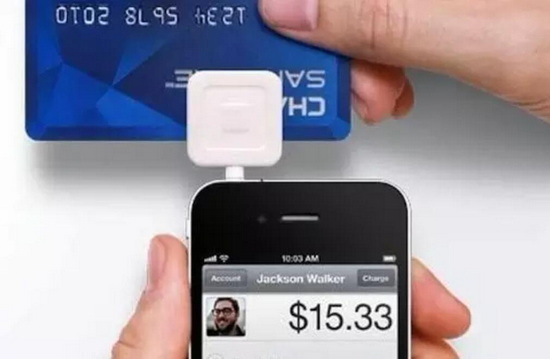
Walmart vs Visa … Enroll and Control
Ever heard of Thunder Bay Ontario? Didn’t think so; but there in a remote part of Canada, where the moose population outnumbers humans, the game of supremacy for the world payment market will tip off in mid July. As of July 18th the three Walmart stores in Thunder Bay will no longer accept Visa as payment and will later replace it with a system of their own. As Uber has done to the taxi industry, Amazon to retail businesses and Airbnb to hotels, new pay systems are going to change how retailers take our money and manage our data. This battle has been shaping up for a long time.
Twenty-five years ago large, branded, consumer product companies like P&G, Coke, Mars etc. had the upper hand and retailers fought to keep these brands on their shelves. Today, it’s the big box stores and large retailers like Walmart who have the advantage. The power shifted with the introduction of scanners back in the 1980’s and 90’s which brought consumer data into the retail world allowing inventories to be better managed and consumer habits better understood. Now it’s the vendors who pay retailers for shelf space and access to end of aisle displays.
With the launch of a new disruptive technology, digital pay systems, the battle for consumer data has moved to the credit card market. What’s motivating the move to oust Visa is Walmart’s introduction of “Walmart Pay” which they’re planning to introduce to Canada in 2017. Mobile pay systems like Walmart Pay, Apple Pay, Starbucks Pay etc. give the supplier instant data meaning they can offer customers immediate loyalty enhancements and other services in an effort to boost store sales. As on-line payment consultant Richard Crone, stated,“The one who enrolls is the one who controls” and Walmart wants control.
What’s amazing is that Visa seems to be caught off guard by this move. Like taxi drivers who protest Uber or hotel chains trying to stop Airbnb, Visa rolled out a desperate national newspaper ad to rally Canadians against the unfairness of Walmart. However, this poorly conceived move served only to put a national spotlight on the excessive credit cards fees Canadians have been paying for the last few decades. Visa’s fees are typically 1.5% of the transaction in Canada which is about double what comparable US retailers pay and five times the 0.3% that European merchants pay.
As these two giants wrestle one can’t help but think the credit card industry as we’ve known it is about to get a smack down. Surprising to me is that the whole move to mobile payment systems has been predicted since Apple launched the iPhone and one would think that the credit card giants, with systems already in place, would have been leading the transformation. What can we learn from the battle between Walmart and Visa?
1. Disruptive technologies will affect your industry – it is your job to get ahead of disruptions - not chase them.
2. Data is Key: the battle is really a battle for data so retailers can better understand customer purchase habits. Visa has had this data for ages and largely failed to turn it into a saleable product.
If you’re planning to skip the Rio Olympics in favor of going on a Walmart shopping spree in Thunder Bay this summer, feel free to leave your Visa card at home!

 沪公网安备 31011502013770号
沪公网安备 31011502013770号